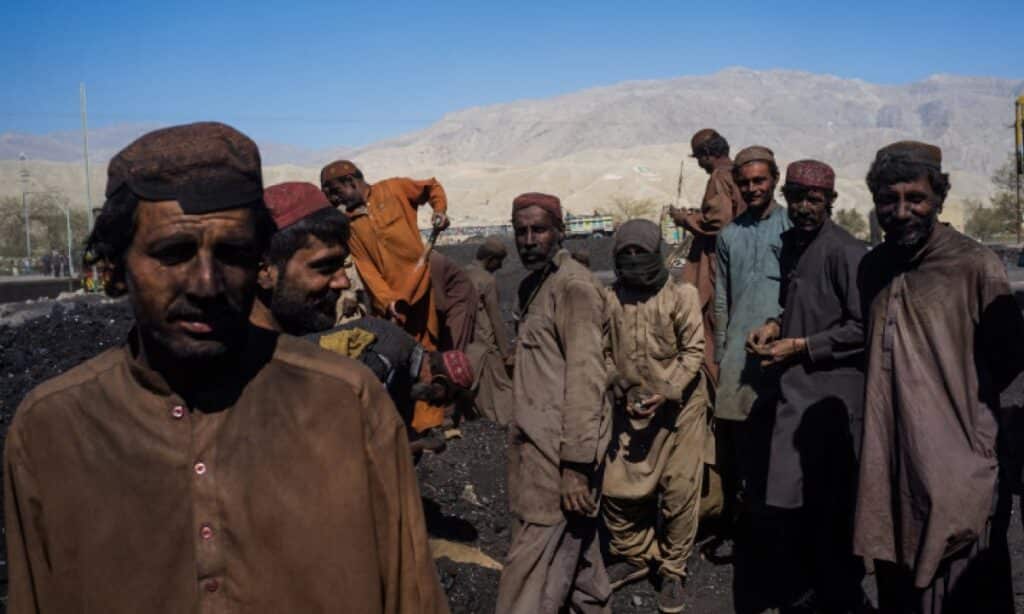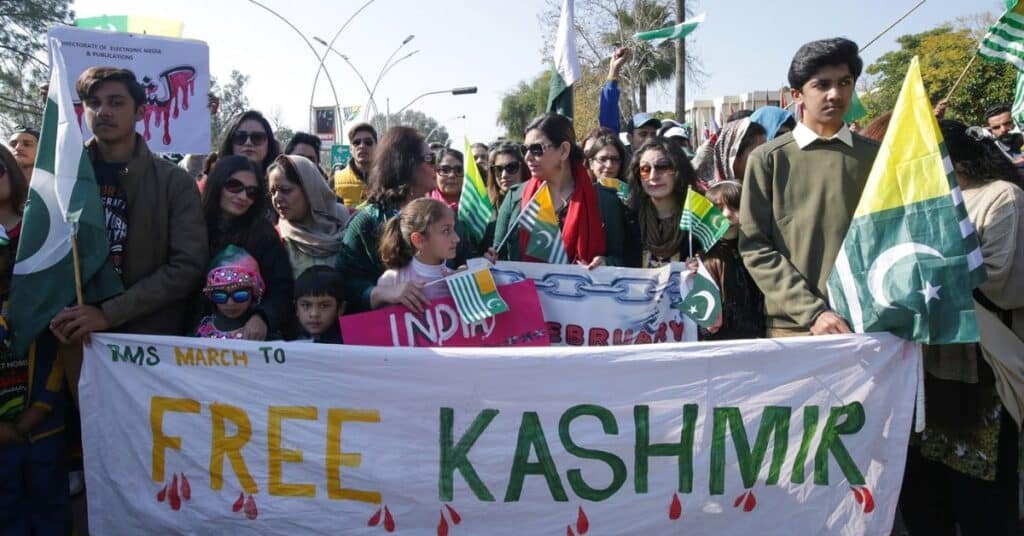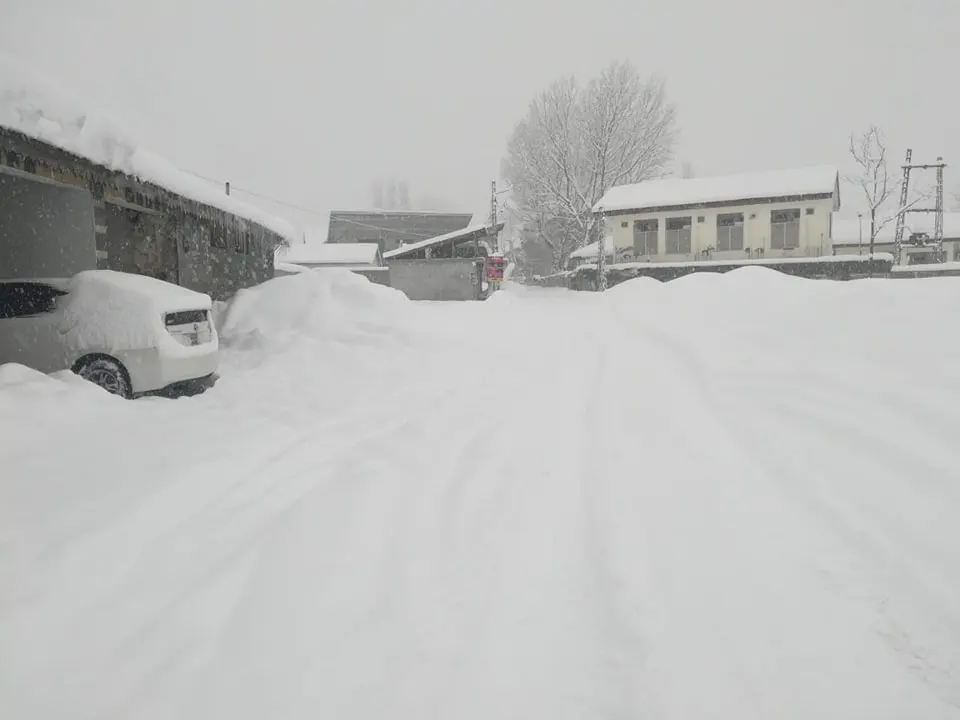NORTH WAZIRISTAN: Daily wagers in North Waziristan agency have demanded that the Khyber Pakhtunkhwa Provincial government implement the minimum wages formula, recently decided in a cabinet meeting and increase wages up to 400000 per month for daily wagers.
The people of North Waziristan, daily-wage workers, are raising their voices over growing economic hardship, low earnings, and a lack of employment opportunities.
With most residents relying on manual work to make ends meet, many say their income is no longer enough to support their families amid rising inflation.
Local daily wager Wahab resident of North Waziristan district, complained that despite long hours of strenuous work, they are paid meagre wages that barely cover the cost of food, let alone other basic needs. “Our stoves remain cold because we cannot afford to cook a proper meal,” said one frustrated worker, echoing the sentiment shared by many in the community.
The working class in the region is now demanding that the government raise the minimum wage to Rs. 40,000 per month, a move they say is necessary to cope with skyrocketing prices of essentials and ensure a dignified life.
North Waziristan, part of Pakistan’s former Federally Administered Tribal Areas (FATA), has faced decades of conflict, underdevelopment, and displacement due to militancy and military operations. Though security has improved in recent years, economic recovery has been slow, and basic infrastructure remains lacking.
Unemployment remains high, and those who are employed mostly work as labourers in construction, agriculture, or small-scale services. With no significant industrial base and limited investment, the job market remains narrow and highly competitive.
The recent inflation surge across Pakistan has made matters worse for people in rural and conflict-affected regions like North Waziristan. Prices of food items, fuel, and utilities have sharply increased, leaving low-income families struggling to survive. According to economic experts, those in informal sectors, such as daily wage workers, have been hit the hardest, as their incomes are not protected by formal labour laws or wage adjustments.
Community members are urging both provincial and federal governments to not only raise the minimum wage but also create meaningful employment opportunities.
They also demand vocational training points and development programs tailored to the local population, particularly youth who face bleak employment prospects. “We don’t want charity—we want fair wages and opportunities to work with dignity,” said another worker while stressing the need for sustainable economic policies rather than short-term aid.
As Pakistan continues to face economic turbulence, the voices from North Waziristan serve as a powerful reminder of the urgent need to address income inequality, expand job markets in rural areas, and focus on long-neglected communities in national development plans.
Read also: KP sets benchmark with Rs. 40,000 minimum wage: Muzzammil Aslam





